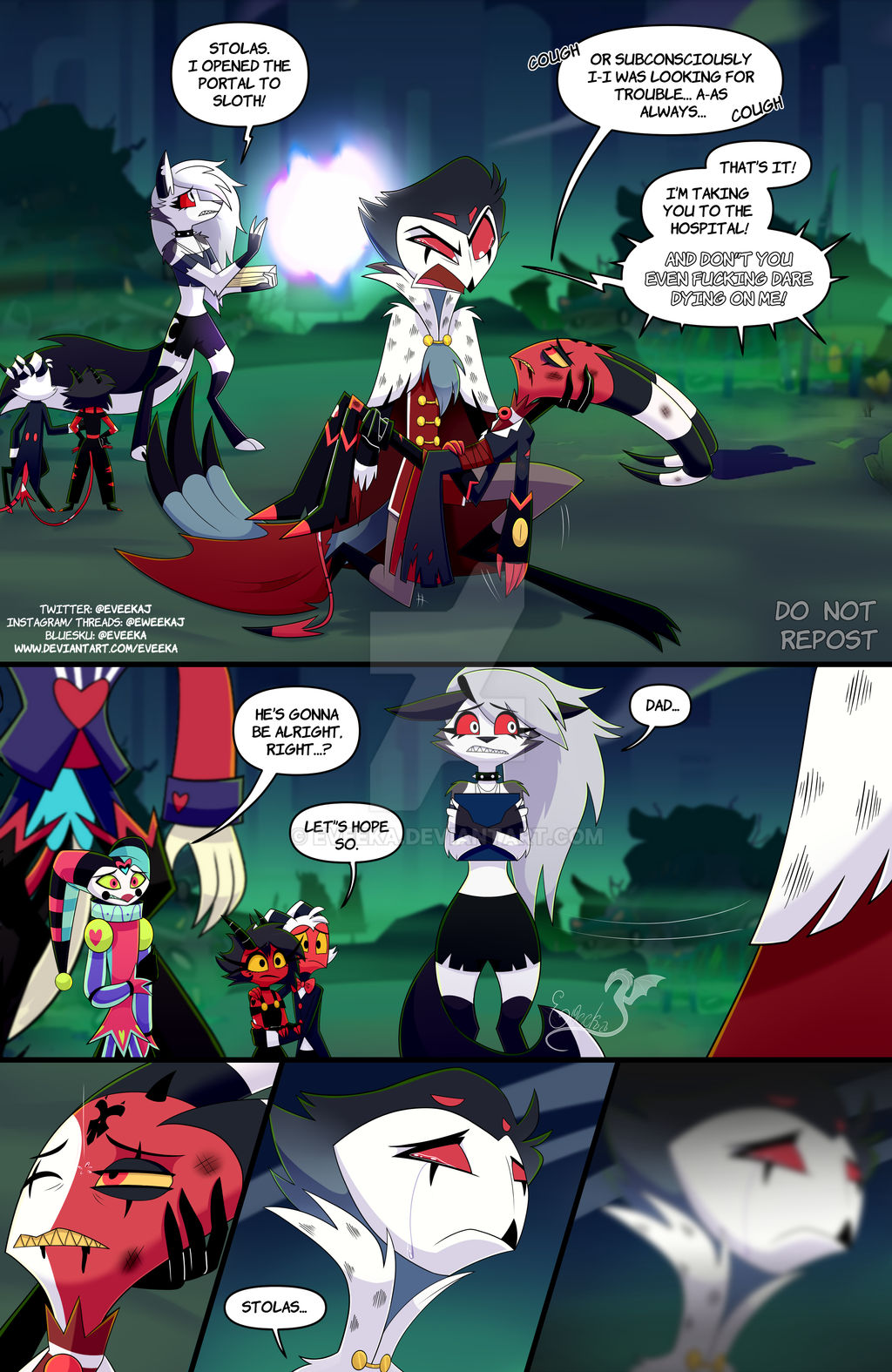
Saving a Relationship After a Big Fight: Making Amends and Communicating Effectively
Significant disagreements are inevitable in any intimate relationship. However, the manner in which these conflicts are addressed significantly impacts the long-term health and stability of the bond. A major fight can leave both partners feeling hurt, confused, and resentful, potentially jeopardizing the relationship's foundation. Successfully navigating these turbulent waters requires a concerted effort from both individuals, involving sincere apologies, open communication, and a commitment to understanding and growth.
Understanding the Aftermath of a Major Disagreement
The immediate aftermath of a major fight is often characterized by heightened emotions. Anger, sadness, frustration, and even feelings of betrayal can overwhelm both partners. This emotional volatility makes productive communication challenging. It's crucial to acknowledge these feelings, rather than attempting to suppress or ignore them. Ignoring the underlying issues only serves to prolong the conflict and deepen the rift between partners.
Recognizing Individual Emotional Responses
Individuals react differently to conflict. Some might withdraw, becoming silent and unresponsive. Others might become verbally aggressive, lashing out with hurtful words. Understanding your own emotional responses, as well as those of your partner, is the first step towards constructive resolution. Self-awareness allows for greater control over one's actions and reactions during tense moments.
Identifying the Root Causes of the Conflict
Surface-level arguments often mask deeper, unresolved issues within the relationship. Identifying the underlying causes is crucial for effective conflict resolution. Was the argument a symptom of a larger problem, such as poor communication, unmet needs, or underlying insecurities? Honest introspection, both individually and as a couple, is essential to unveil these root causes.
Initiating the Repair Process: Making Amends
Taking the first step towards reconciliation often requires immense courage and humility. The process of making amends involves acknowledging responsibility for one's actions and expressing genuine remorse for the hurt caused. This is not simply about saying "sorry"; it requires a demonstrable commitment to change and growth.
Offering a Sincere Apology
A genuine apology goes beyond a simple verbal expression of regret. It should acknowledge the specific actions or words that caused harm, express empathy for the partner's feelings, and take ownership of the responsibility for the hurtful behavior. Avoiding justifications or excuses is crucial; focusing solely on the impact of one's actions on the partner is essential.
Demonstrating a Commitment to Change
A sincere apology is only the first step. Demonstrating a commitment to change requires tangible actions. This might involve altering specific behaviors, seeking professional help, or engaging in activities that address the underlying issues that contributed to the conflict. The commitment to change must be visible and consistent over time.
Giving Space and Time for Healing
Healing from a significant fight takes time. Respecting the partner's need for space and allowing time for emotional processing is crucial. Pressuring for immediate reconciliation can be counterproductive, potentially pushing the partner further away. Patience and understanding are essential during this healing period.
Restoring Communication: Building Bridges After a Fight
Open and honest communication is the cornerstone of any healthy relationship. After a major fight, rebuilding trust and establishing effective communication requires conscious effort and a commitment to active listening and empathy.
Active Listening: Hearing and Understanding
Active listening involves more than simply hearing the words; it requires paying attention to the partner's emotions and nonverbal cues. Reflecting back what the partner has said, paraphrasing their feelings, and asking clarifying questions demonstrate a genuine interest in understanding their perspective.
Empathy and Validation: Acknowledging Feelings
Empathy involves attempting to understand and share the feelings of your partner. Validating their emotions, even if you don't necessarily agree with their perspective, shows respect and understanding. Acknowledging the legitimacy of their feelings fosters a sense of safety and trust.
Setting Healthy Boundaries: Defining Expectations
Establishing healthy boundaries is crucial for preventing future conflicts. This involves openly discussing expectations, needs, and limitations within the relationship. Clearly defining boundaries prevents misunderstandings and helps both partners feel respected and valued.
Seeking Professional Guidance: When to Seek Help
While many relationship conflicts can be resolved through open communication and self-reflection, some situations may require professional intervention. Seeking the guidance of a therapist or counselor can be beneficial when:
- Communication attempts consistently fail to resolve conflicts.
- The conflict involves abuse, either physical or emotional.
- Partners struggle to manage their emotions during disagreements.
- Underlying issues, such as trauma or addiction, contribute to the conflict.
- The relationship experiences recurring cycles of fighting and reconciliation without lasting resolution.
A therapist can provide a neutral space for open communication, help identify patterns of conflict, and teach effective communication and conflict resolution skills. Seeking professional help demonstrates a commitment to the relationship's well-being and can significantly improve the chances of successful reconciliation.
Long-Term Commitment and Growth
Saving a relationship after a major fight is a process that requires sustained effort and a commitment to growth from both partners. It's not merely about returning to the status quo; it's about learning from the experience and building a stronger, healthier relationship. This involves continuous self-reflection, open communication, and a willingness to adapt and change as individuals and as a couple. The journey might be challenging, but the rewards of a stronger, more resilient relationship are well worth the effort.
0 comments:
Post a Comment
Note: Only a member of this blog may post a comment.